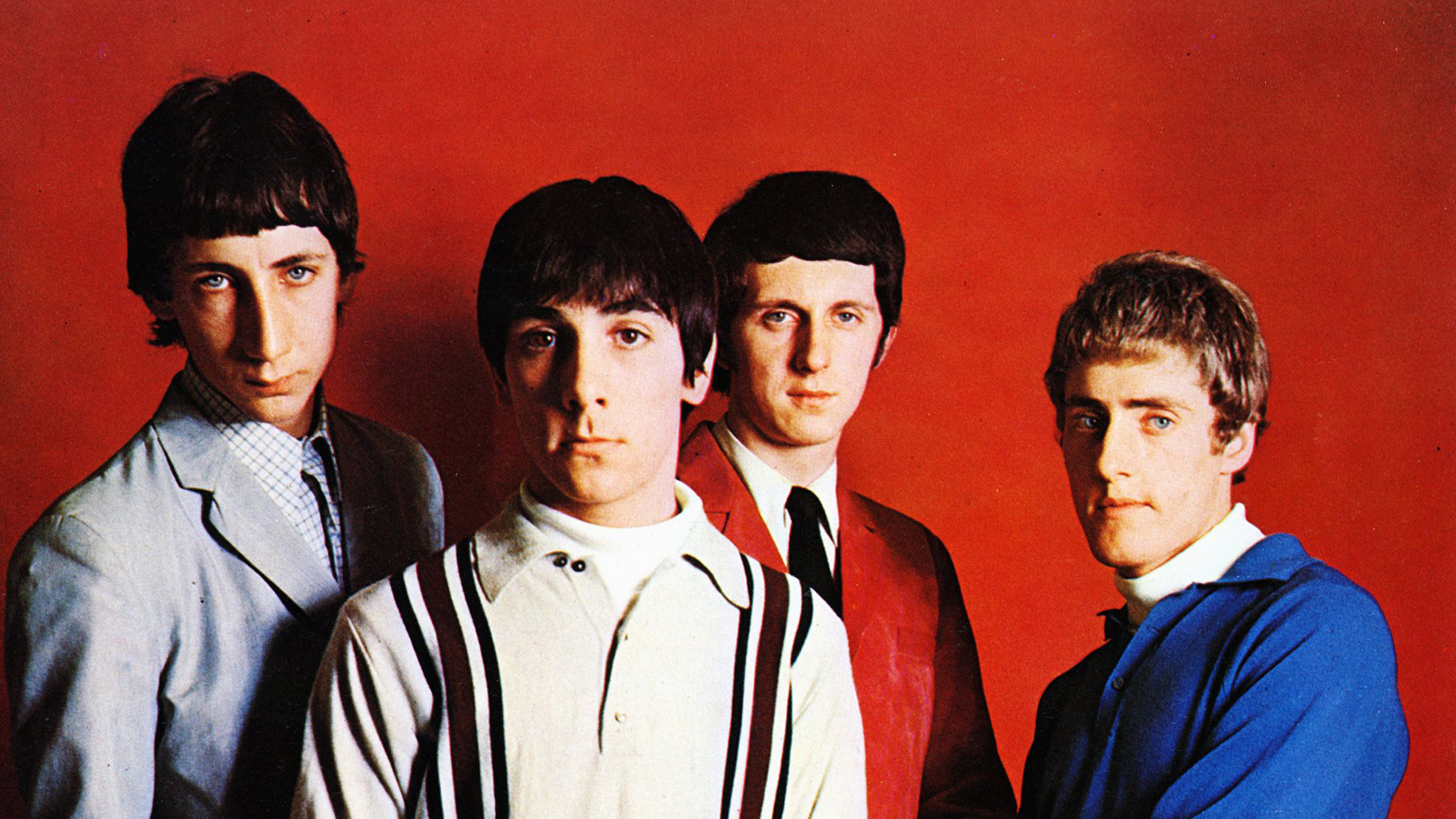
Join us for our traditional look back at the news and features that floated your boat this year.
Best of 2024: The Who's musical legacy is unquestionable, with an undeniable cultural influence through classic songs and landmark concept albums, but it was nearly a very different story when they kicked singer Roger Daltrey out of the band in late 1965.
The singer became the steady hand and voice of reason as bandmates Keith Moon, John Entwhistle and Pete Townshend became embroiled with amphetamines in the mid-'60s, but his frustrations with the situation became physical.
I wanted to be the singer and if you want to be a singer you can't take amphetamines and all that kind of stuff because it dries your throat up
"What they did in their own time was up to them – everyone was doing stuff like that at the time," explained Daltrey to The Coda Collection in 2022. "Personally, I couldn't do it because I wanted to be the singer and if you want to be a singer you can't take amphetamines and all that kind of stuff because it dries your throat up.
"You start chewing your lip halfway through a song and no one will understand what you're saying. And everything will be going so fast you won't be able to get the words out anyway.
"But for them to take it before a show was a complete no-no," reflected Daltrey on his Who bandmates."Because it was a brilliant band of musicians – Townshend was an absolute original on the guitar, Entwhistle was an original on the bass and what can you say more about Moon than being totally original.
"But when they got on amphetamines the music just turned to a load of crap – the songs were too fast and when rock gets too fast, it's not rooted. The band thinks it's good… but when you listen back to it, it's come off the ground.
"It's not slamming to the floor and that's what was happening, and you've got to remember the singer never sees the band, all he ever does is feel. And when that happens you really feel it. You have to go with it because you can't fight it but you know [it's not right] because you can't phrase it properly… it's clumsy. [The band] became clumsy before I flushed the amphetamines down the toilet."
This porcelain intervention followed a particularly bad performance from the drummer. Daltrey's action then provoked a violent response from Moon, and the singer responded in kind.
I did lay into him, and I laid into him quite heavy but I think he deserved it to be honest with you
"It was a fair fight that I got thrown out of the band for because Moon came for me with a tambourine," noted Daltrey. "Now that sounds like being hit by the Salvation Army but it wasn't quite like that. He came at me with the bells of the tambourine, slashing, which if it caught me in the face or across the eyes, it would have blinded me. It was not funny.
"I did lay into him, and I laid into him quite heavy but I think he deserved it to be honest with you," Daltrey reflected on the incident, reportedly sparked by Moon supplying the guitarist and bassist with the drugs.
“It took about five people to hold me off him,” Daltrey remembered in his 2012 biography. “It wasn’t just because I hated him, it was just because I loved the band so much and thought it was being destroyed by those pills.”
Taking Moon's side, the band fired Daltrey on 19 November, 1965. The Who were already at a critical juncture following their first hit at the beginning of the year with the Townshend-penned I Can't Explain. Their anthem My Generation had only been released on 29 October (20 November in the US) and the band were supposed to be in full touring mode to support it. Now they were down a singer, but decided to play on regardless anyway.
I was very adamant that I would only go back if they came to the agreement that they wouldn't take drugs before a show
"After a few weeks of them doing shows without me and audiences dropping off quite rapidly, they asked to have a meeting with me to come back," recalled Daltrey to The Coda Collection.
"I was adamant that I would only go back if they came to the agreement that they wouldn't take drugs before a show. What they did in their own time was their business… I was neither for it for against it.
"I would have preferred them just to be sober and straight when we played music because it deserves because it's your craft."
The Who's management of Kit Lambert and Chris Stamp were well aware of the mistake the band were making in dismissing their powerhouse vocalist, and began to broker a peace deal. But the other three members of the band had their own terms for Daltrey in return.
"They said, 'Oh we'll do that if you don't fight anymore', and I lived up to it," noted Daltrey.
Disaster averted and The Who back on the path to glory? It was never that simple, but what would unfold shaped the band they would become – a very different proposition to the kind of singles acts around them at the time.
Still in the mindset of delivering consistent hits, the Who faced another challenge in 1967 when the Townshend song the guitarist had been holding back to reveal at the right time because he believed it would be the band's first number-one, only reached number 10 in the UK charts.
"To me it was the ultimate Who record, yet it didn't sell," Townshend bitterly recalled in John Atkins' book, The "Who on Record: A Critical History, 1963-199. "I spat on the British record buyer". In the film Amazing Journey: The Story Of The Who, the songwriter admitted it even gave him doubts about the band's future.
It inspired a dramatic change from a singles band to the conceptual visionaries that would define The Who's next era.

"He's probably correct – if he hadn't come up with Tommy, we would probably have become just another hit singles band, and it would have been a five-year from top to bottom journey," Daltrey reflected on it with The Coda Collection. "But we were very fortunate to have creative managers – they were like the fifth and sixth members of The Who," he says of Stamp and Lambert. "Their input in those days days was enormous – especially Kit [who] was a mentor to Pete about the potential that music has – that rock music had that it wasn't living up to. It was Kit who taught Pete to doing operas.
"It was making something more than a three-minute single – not that there's anything wrong with a three minute single, they're still fantastic, but it could be more and Kit encouraged Pete to find the more. And he did."
For more visit The Coda Collection







